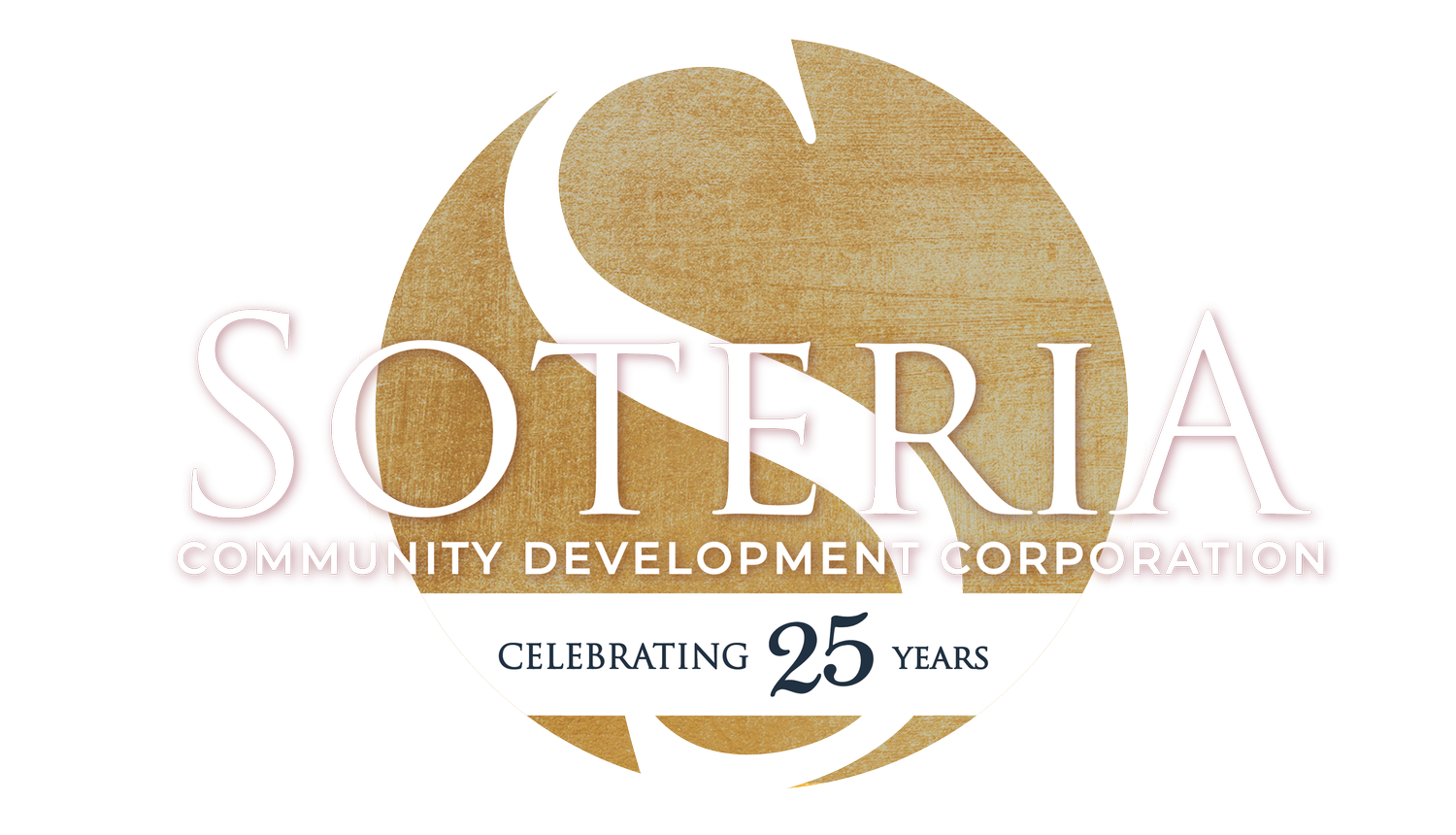‘Ex-Con,’ ‘Ex-Offender’ & ‘Ex-Inmate’ are words that reduce millions to stereotype
As published in The Root
When President Donald Trump signed the recent First Step Act into law, many people considered it to be the most important criminal justice reform measure in years. I’ve followed the legislation with some interest because I served a sentence in a South Carolina prison 20 years ago.
I have spent the last two decades after my release mentoring other people who’ve walked my same path, connecting them with the tools and support they need to reclaim their lives and identities in their home communities. So, while people are applauding this seemingly beneficial new law, I hate to be the bearer of bad news.
I’ve learned a very sobering lesson: In America, when you commit a crime, no matter how small, the punishment is tantamount to a life sentence. I am a firm believer in a fair system that corrects those who have committed a crime. There are circumstances that warrant individuals to be removed from society. These individuals have made the decision to remain a menace and refuse to change. But for other less serious infractions, redemption is just another word in the dictionary.
This is not just the sour grapes complaining of somebody who’s looking for a pass. As proud as I am of my now two-decade-old post-prison journey, there continue to be moments when my whole persona can be reduced to a stereotype. For example, recently I was nominated for a community award. The person who was organizing the event introduced me as an “ex-inmate.” I realize this language was probably due to ignorance, but it still hurts.
Maybe I should be less sensitive. Maybe I should have more confidence in my accomplishments and allow those words to roll off my back. After all, in the last 20 years, I have helped over 5,000 men and women successfully transition back into society. The non-profit I founded provides housing, mentoring and job training for those returning from prison.
Yet time after time, men and women who are trying to rebuild their lives after serving time are hit squarely with the realization that there’s no clean slate. Ever. Unless your record is expunged or sealed, anyone who has public access can research and find out what you did 20 or 30 years ago. On top of that, once someone finds out you have been charged with a crime or have been incarcerated, they refer to you as an “ex-con,” “former criminal,” “ex-offender,” or even worse, an “ex-inmate.” How dehumanizing is that? Those who are cured of cancer are not “ex-cancer diseased.” We refer to them as cancer survivors. We humanize them.
I believe that those of us who have served time in prison should decide what we are called. How do we expect those who are released from prison to succeed if we continue to dehumanize them with these labels?
How many of you have ever done something wrong? What if you were known as an ex-petty thief or an ex-adulterer for the rest of your life? As humans, it’s hard for us to unhear things. As good as we try to be, we still judge, and it’s not right that we judge individuals by their past.
When a person commits a crime, there is legal language that is used to describe different crimes. A felon is a legal term, so why should we change the language? I’m glad you asked. After a person has finished his sentence, his is not a felon any longer.
A mortgage is a debt, but once the debt is paid you receive a deed. You do not become an “ex-mortgager,” you become a homeowner. But we are not talking about a house here, we are talking about human beings, not property. I even prefer “incarcerated person” over the word inmate. Inmate denotes property, and calling a person property is essentially calling them a slave.
We need to start lifting our citizens up instead of tearing them down. We incarcerate an individual for 10 or 15 years, give them no training or correction and expect them to return to society and succeed. Then on top of that, we degrade them with dehumanizing language and restrict them with over 48,000 collateral consequences which bar them from housing, employment, occupational licenses and even the right to vote.
Being called an “ex-con” or an “ex-inmate” is further trauma, and words matter! If we expect our citizens to change, we need to encourage them and speak life to them. Death and life are in the power of the tongue, and those who love it shall eat its fruit.
So, what do you call us? We have names, so call us by our names first. We are citizens and your neighbors. Over the past few years, some of us have described ourselves as “returning citizens,” “returning neighbors,” “previously incarcerated persons.” I will add though that a person who has been out of prison for over three years is obviously not a “returning citizen.” So, we ask that you begin to use humanizing language to describe those who have paid their debt to society.
We are people who made a mistake. When a person completes their sentence and pays their debt to society, they need to be restored completely.
The least we can do is not to remind them of their past forever.
